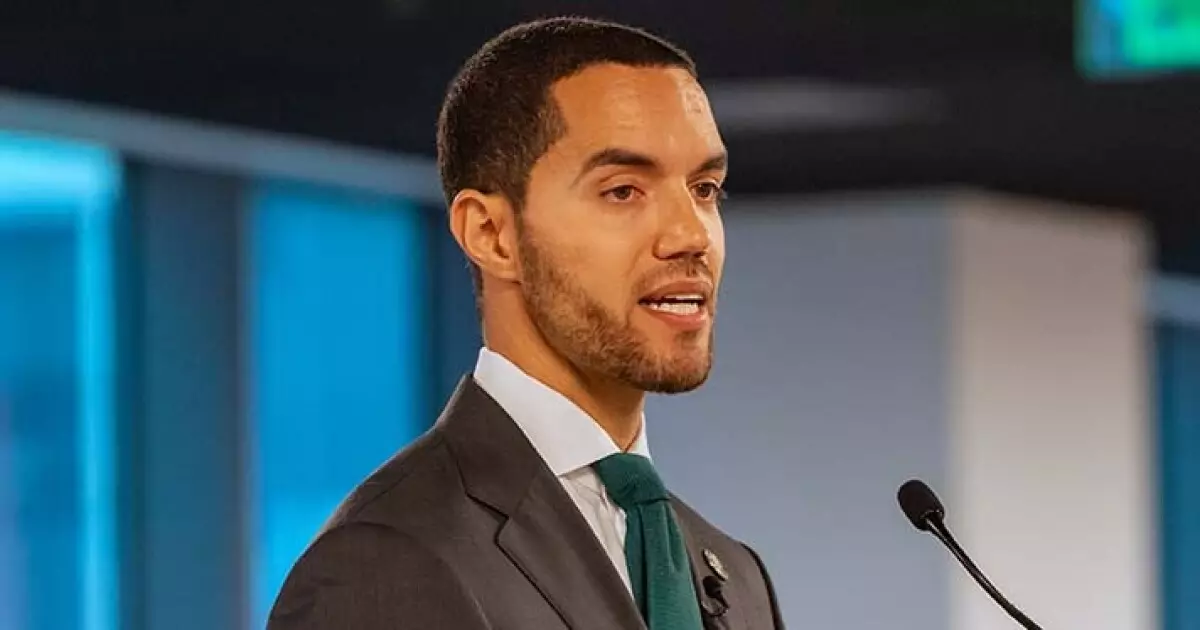Houston’s Financial Dilemma: Navigating a $100 Million Budget Crisis

Houston, Texas, often regarded as a bustling metropolis teeming with diversity and opportunity, is currently grappling with an alarming financial predicament. On a Wednesday marked by increasing anxiety, city officials highlighted the potential ramifications of a recent court ruling that could impose a staggering $100 million burden on the city’s budget. With the Texas Supreme Court’s refusal to hear Houston’s appeal regarding a pivotal property tax decision, the financial implications could reverberate throughout the city’s operations, particularly affecting its already stretched resources.
At the core of this budgetary crisis is a lawsuit originating in 2019 that challenged Houston’s management of property tax revenues specifically allocated for drainage and roadworks. The state appellate court’s favorable ruling for the plaintiffs has now become a critical issue, leaving the city with little recourse. As indicated in Houston’s budget proposal, the city faces a mandatory allocation of at least $100 million annually to the Dedicated Drainage and Street Renewal Fund. This ruling not only complicates Houston’s financial planning but also reduces the projected fiscal year 2025 fund balance from $350 million down to a mere $250 million. This sizable reduction is poised to lead to an unsustainable structural deficit exceeding $300 million, raising pressing questions about the city’s long-term fiscal viability.
In a stark assessment delivered to the city council, Controller Chris Hollins expressed grave concerns about the financial outlook, characterizing the high court’s decision as a “real gut punch” to the city’s finances. His statement underscores the urgency of the situation, conveying a worry that, without immediate and significant budget cuts or new revenue sources, Houston could struggle to certify its upcoming budget. Such a scenario poses not only a logistical challenge but also raises moral questions about the city’s ability to provide essential services to its residents amidst declining financial stability.
Proposed Strategies for Mitigation
In light of the impending crisis, Hollins has proposed the formation of a joint emergency task force. This initiative aims to explore all available options transparently, fostering public engagement in the decision-making process. Houston Mayor John Whitmire echoed this sentiment, emphasizing the need for collaboration with the plaintiffs of the lawsuit to potentially negotiate a more favorable payout schedule as the city seeks new revenue streams. The commitment to engage with stakeholders reflects a proactive approach to a situation that could otherwise lead to austerity measures detrimental to public welfare.
Additionally, Houston’s Finance Director Melissa Dubowski highlighted the city’s collaboration with the Metropolitan Transit Authority of Harris County, which has successfully freed up an immediate $50 million. Furthermore, she anticipates unveiling an analysis conducted by Ernst & Young, aimed at pinpointing areas for improved efficiency and coordination. Such steps, while promising, may only scratch the surface of the deeper financial challenges at hand.
The Context of Previous Financial Strains
To fully appreciate the gravity of Houston’s financial situation, one must consider the backdrop of prior fiscal pressures. The recent settlement with firefighters, which necessitated a $650 million lump-sum payment supported by bonds, coupled with a five-year agreement introducing significant pay increases of up to 34%, has already strained the city’s financial resources. These past obligations, combined with the new financial hit from the court decision, paint a grim picture for the city’s financial health.
The collateral damage from these financial strains is reflected in the negative outlooks from Fitch Ratings and S&P Global Ratings, both of which downgraded the city’s ratings due to concerns over diminishing reserves. While Moody’s maintains a stable outlook on its Aa3 rating for Houston, the cumulative fiscal pressures could lead to further downgrades unless strategic measures are implemented swiftly.
Houston stands at a fiscal crossroads, where decisions made today will have lasting effects on its future. As city officials embark on a challenging journey to stabilize finances, the success of proposed initiatives will ultimately depend on the collaboration between various stakeholders and the city’s ability to innovate in the face of adversity. Only time will reveal whether Houston can navigate this financial storm and secure a sustainable path forward.





